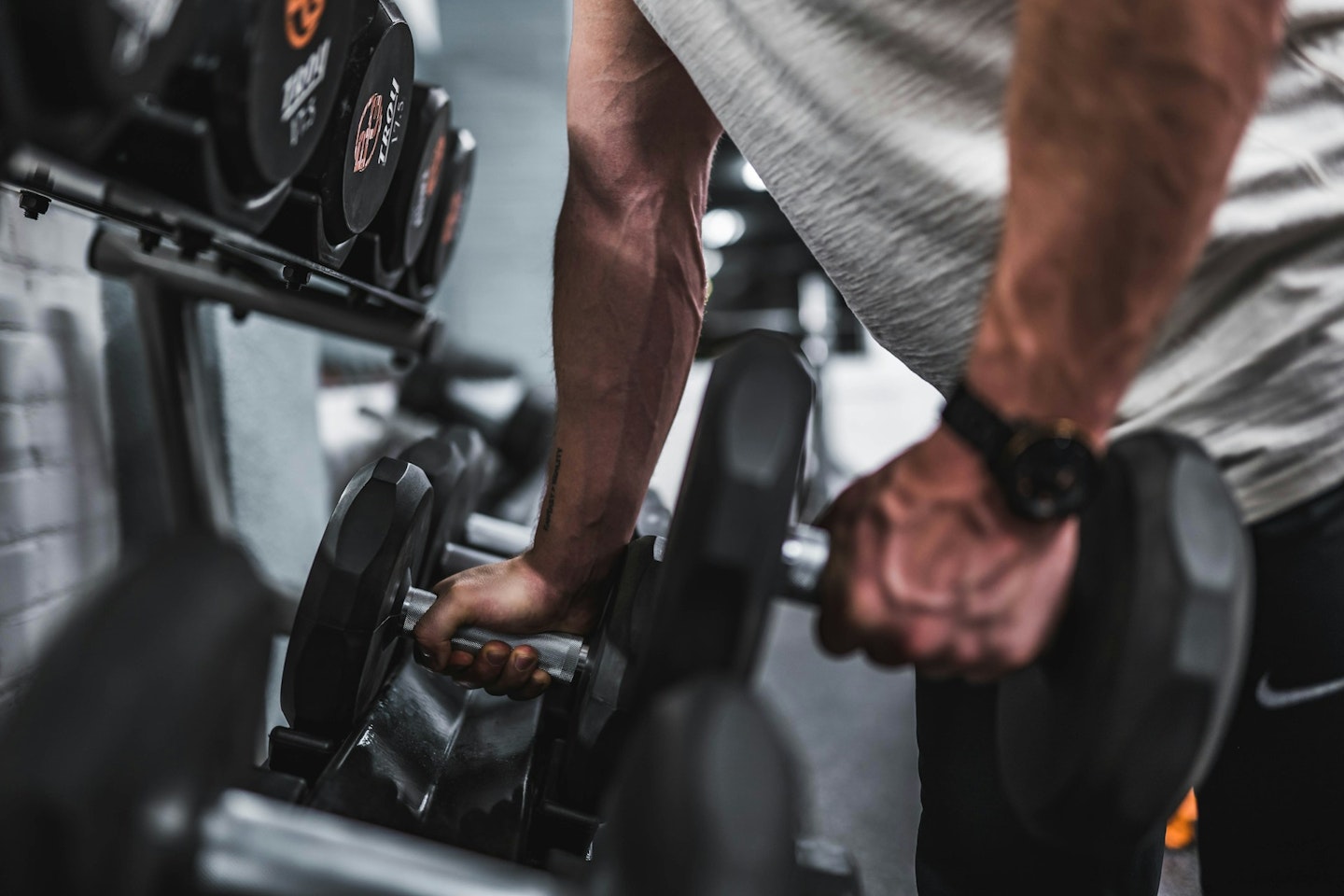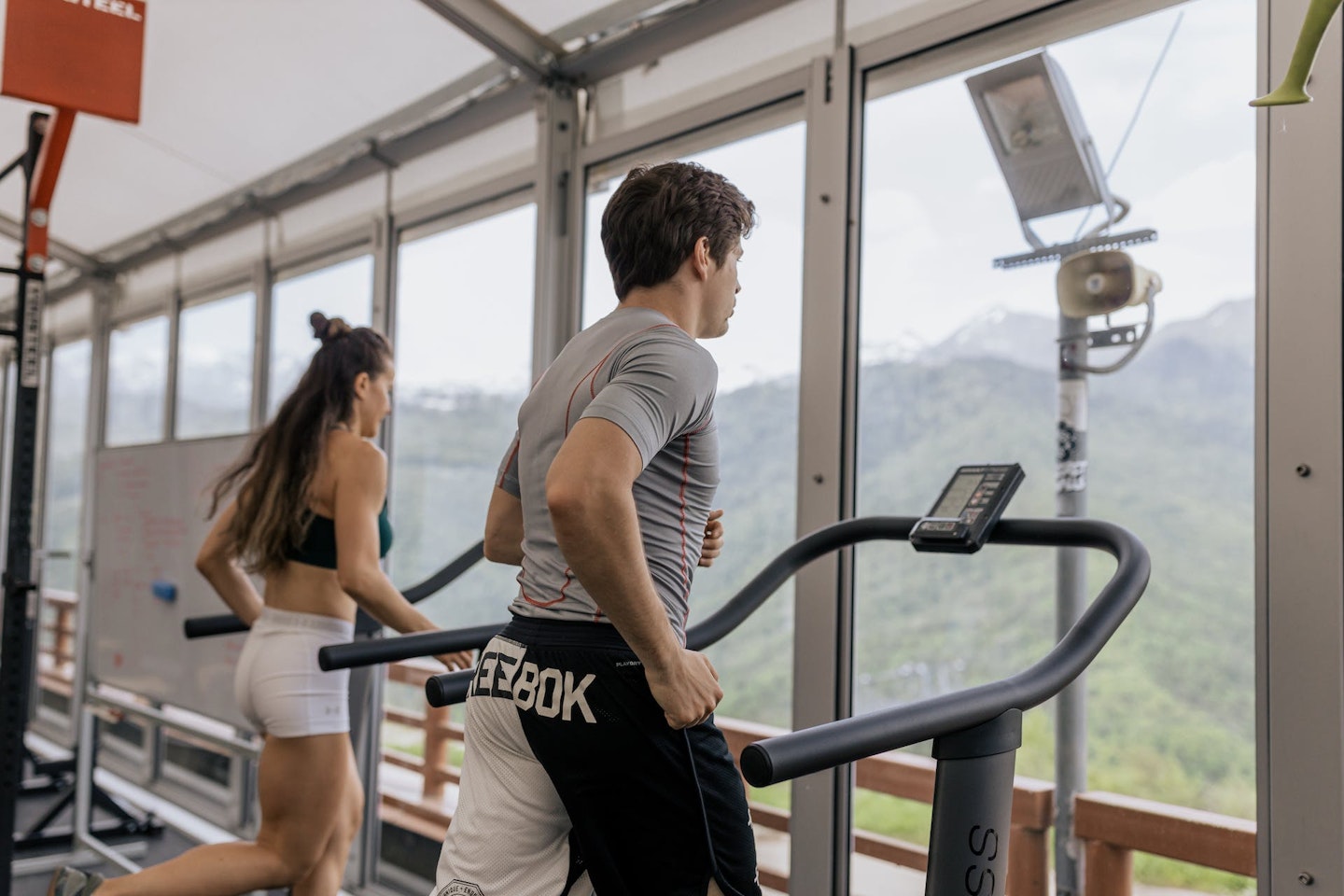Getting into running? Or perhaps you’ve stayed consistent at the gym? You’ll likely understand just how important it is to fuel your body before a workout. The best supplements on the market have nothing on a nutrient-dense, high-energy meal. The difficult part is knowing exactly what to eat before a workout, what foods can be quickly turned into energy, and which ones will ultimately sustain you throughout your workout.
Unfortunately, an empty stomach and an energy drink aren’t going to cut it.
What you eat before a workout isn’t just about energy and feeling ready to go, though that is a big part. It’s also about fuelling your muscles, you can have all the energy in the world, but if your muscles can’t keep up, you can’t give it your all.
Macronutrients
If you’re going to begin understanding what’s best to eat before a workout, you need to get up to speed with macronutrients. Macronutrients are the most essential nutrient groups that our bodies need in large quantities for energy. The three core macronutrient groups include carbohydrates, fats, and protein.
All three macronutrients can provide energy, but some provide more than others, and some have unique functions for the body, too. Carbohydrates and fats are your main sources of energy, you get simple carbs which are fast-acting, and complex carbs which take a little bit longer to take effect. Fats are also high energy but take longer to digest much like complex carbs.
Protein stands somewhat apart from the other macronutrients; it provides a far more important use for your body than energy. Your body breaks down protein into fuel for your muscles (amino acids). Without protein in your diet, you’ll find exercise much tougher, and your muscles won’t perform or recover at the rate that they could.
Carbohydrates before a workout
Carbohydrates are the main energy source for the human body, but not all carbohydrates are the same. You’ve got two kinds, you have complex carbs and simple carbs. Complex carbohydrates are more nutritious and thus take longer to digest. You should consume complex carbs about two or three hours before you work out. Examples of complex carbs include:
• Broccoli
• Sweet potatoes
• Whole-grain pasta
• Beans
• Lentils
• Brown rice
• Oats
• Whole-grain bread
On the other hand, you have simple carbohydrates. Differently from complex carbs, these are less nutrient-dense, they deliver short-term energy, but they take your body far less time to digest. You typically only need to eat simple carbs 30-60 minutes before exercise to feel the effects, but these effects are not as long-lasting as complex carbs. Simple carbs include:
• Sweets
• Sugary drinks
• Syrups
• Table sugar
• Fruit juice concentrate
• Cereal

Fat before a workout
When discussed next to the other main macronutrients, fats fall short when it comes to their importance in a pre-workout meal. This is, in part, because fats take far longer to digest than other sources of energy fully.
The only instance where fats might be a better alternative as a pre-workout meal is if there will be significant time between your meal and your workout. This is thanks to the fact that fats have been known to keep you fuller for longer. This is in contrast to carbohydrates, which spike your insulin levels for a while, leading to you getting hungry once that level drops back to normal.
You can also take pre-workout supplements, and if you're wondering whether they are for you, but sure to read our article on answering "Are pre-workout supplements worth it?".
Protein before a workout
We couldn't discuss what to eat before a workout without mentioning protein. Incorporating protein into a pre-workout meal should be a given. When performance and results are the priority for exercise, protein can be the deciding factor. Protein is broken down into amino acids through protein synthesis; without this process, your muscles are restricted in their performance and recovery.
A recent high-protein meal before a workout will positively impact strength and recovery time between sets and will work to reduce overall muscle fatigue.
20-30 grams of protein is a minimum recommendation for a pre-workout meal, although this could vary depending on your weight, goals, and training intensity. There are plenty of rich protein sources to choose from, but the more nutrient-dense the better.

What to eat before strength training
Strength training should be an intense, high-demand period of exercise where peak performance is the priority. You need protein in your system to fuel your muscles for a workout like this. Many people quickly knock back a protein shake as soon as their workout has finished but neglect the importance beforehand. A meal with at least 20-30 grams of protein is recommended before strength training, so your body can break that protein down and convert it to amino acids (the fuel of the muscles).
Of course, the amino acids from the protein mean nothing if you don’t have the energy to give the muscles any work. Again, a high-carbohydrate meal is recommended. If you have 2-3 hours before your workout to eat complex carbs, this is a no-brainer. They may be longer digesting, but they’re far more nutrient-dense and better overall.
What to eat before endurance training
Endurance training is any form of exercise where you intention is to condition your body to last longer and perform better. You could be training for endurance any time you do steady cardio, cross-fit, or during weightlifting with high reps and low weight.
Before endurance training, we’d recommend a high-carbohydrate meal. This could be made up of complex or simple carbs, depending on your time. If you’re headed to the gym to train weights for endurance, it’s advised that you pair your carbs with a substantial and lean protein source too.
Fasted training
You’ve likely heard of fasting as a general term for going any duration without eating, whether for religious beliefs or weight loss. Fasted training is any form of exercise on an empty stomach. Typically, fasted training would occur first thing in the morning, with your last meal being around 12 hours ago minimum.
It’s important to know what types of fast exercise are recommended, as some have different benefits and drawbacks. Fasted cardio is very popular, especially for those with the goal of weight loss. It is argued that doing cardio fast can burn more energy than having a full stomach. This is due to the lack of glucose in your system, in this case, your body will look directly to fat stores to obtain energy. It’s worth noting that there are studies both for and against this concept; according to Health.com, some conflicting evidence indicates that not eating before a workout can actually increase cortisol and inflammation.
While there is some debate on the benefits of fasted cardio, the argument on fasted weight training is far more one-sided. Weight training while fasting can lead to quicker muscle fatigue, you’ll experience a significant strength decrease compared to if you had eaten beforehand. If your goal is muscle growth or at the least, muscle maintenance, training on an empty stomach is not recommended at all.

FAQs
What are micronutrients?
According to the World Health Organisation, micronutrients are made up of critical vitamins and minerals that your body only needs in small amount, but are highly important nevertheless. The significance of micronutrients on the well-being of the body is huge, and a lack of any of them can lead to severe, potentially life-threatening conditions. These elements play a vital role in various functions, such as facilitating the body's production of enzymes, hormones, and other essential substances required for regular growth and development.
Is banana a good pre-workout food?
Yes, a banana is a fantastic and severely underrated pre-workout food. Like all fruit, it’s a simple carbohydrate, so it’s fast digesting. You can eat a banana as little as ten minutes before a workout and you’ll feel the effects. What’s even better, is that banana is very high in potassium and antioxidants which can help to prevent muscle cramps when you exercise.
What is pre-workout?
Pre-workout is one of the most popular sports supplements on the market today, it’s used to increase energy and productivity during any stint of exercise. It’s typically a caffeine-based supplement that’s designed to kick your mind and body into gear. Pre-workout usually comes in a powder form which requires mixing with water. For many bodybuilders it’s a go-to way of getting a high energy buzz. You can get your hands on some amazing pre-wokouts, but it's important remember that there's no substitute for a nutritious meal.
Jack Barrell is a Tech and Fitness Writer for What’s the Best. He is invested in all things entertainment and keeps well up to date with the latest sports and exercise trends too. On his off days Jack can usually be found doing one of two things; lifting heavy weights – or watching his favourite Star Wars for the thousandth time.
